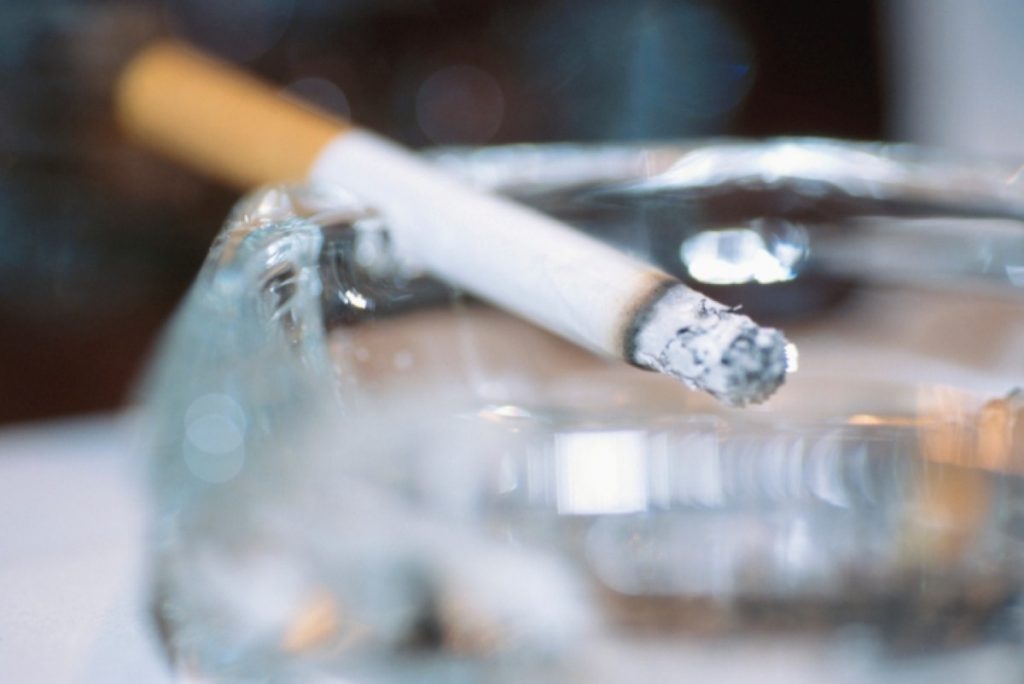Report documents ‘persecution’ of smokers
By By Ian Dunt Follow @IanDunt
Smokers are a new persecuted minority, according to a new report by privacy campaigners.
Legislation designed for public health has been used to intrude into smokers' private lives by local authorities, health bodies and housing associations, according to the report.
It claims smokers' right to act freely in their own homes or vehicles has also been severely curtailed.


"Without care the future for many smokers will be characterised by discrimination and persecution, even when their actions have the minimum impact on the lives of other people," said Privacy International director Simon Davies, who compiled the report for smokers' rights group Forest.
"In future smokers may face a choice between secrecy and social exclusion. Social organisations, landlords, service providers and employers may themselves be deemed irresponsible if they fail to pursue an exclusion policy."
The report highlights the use of non-statutory fines and controls, increased surveillance, allegedly discriminatory practices and a shift from a 'public health' approach to smoking to a 'demonisation' approach.
"This is a tobacco industry funded report, which says exactly what you would expect a tobacco industry funded report to say," Martin Dockrell, head of policy and research at Action on Smoking and Health (ASH), told politics.co.uk.
"The big tobacco manufacturers pay good money for this stuff."
Smokers' rights groups are trying to build a pre-emptive defence against any further expansion of anti-smoking law in the UK, after New York banned smoking from all parks and plazas last May.
Chicago, Los Angeles and San Francisco already had restrictions on smoking in parks but New York's move was the one of the most extreme in current global smoking legislation, with smokers banned from lighting up in any city park or plaza – including Times Square – or on beaches, boardwalks, golf courses or sporting stadiums.
Anti-smoking policy in the United States, such as the ban in restaurants and bars, has quickly been replicated in the UK.

